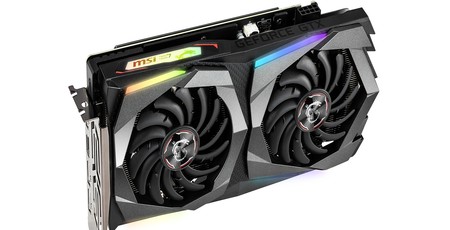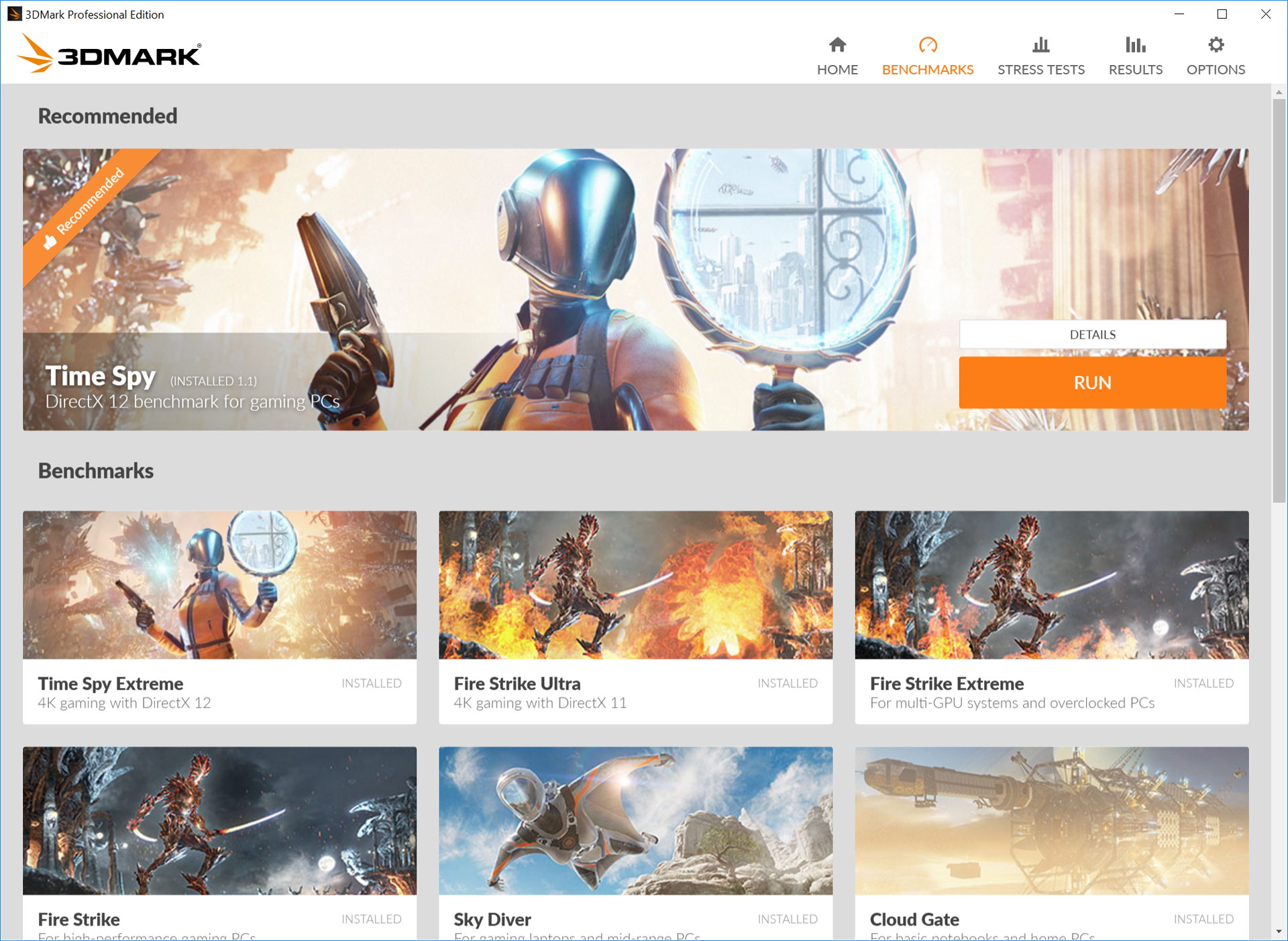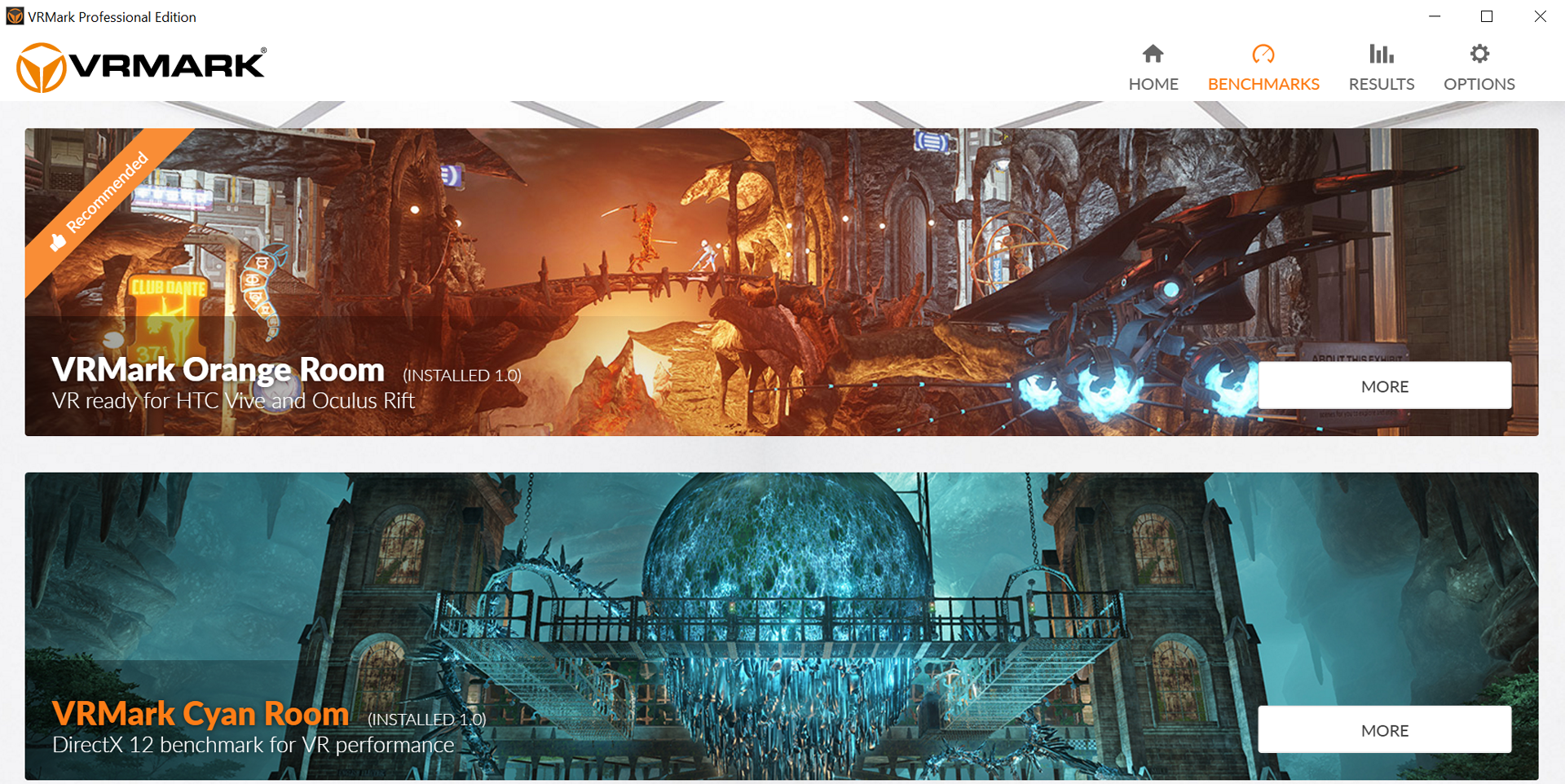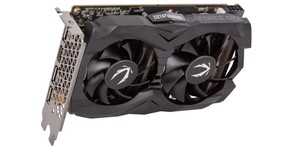3DMark
Publisher: Futuremark
3DMark is arguably the most popular synthetic benchmark around today. The DirectX 11 portion, Fire Strike, comes in three flavours: Fire Strike, Fire Strike Extreme, and Fire Strike Ultra, which run at 1080p, 1440p, and 4K respectively. All cards are tested in Fire Strike and Fire Strike Extreme, and high-end cards are tested in Fire Strike Ultra too, all with default settings. Anyone can download and run the Fire Strike benchmark for free, so you can easily compare your own system's score with those you see below. You'll need to pay to unlock Fire Strike Extreme and Ultra yourself, however.
3DMark Time Spy and Time Spy Ultra, meanwhile, are DirectX 12 benchmarks that run at 1440p and 4K respectively. The latter is again reserved for high-end card testing only. Time Spy is designed to properly utilise the advantages of the DirectX 12 API. The standard benchmark is available for free, but you'll need to pay to change any of the settings, including the resolution. We use the default settings, so you should easily be able to compare your score.
VRMark
Publisher: Futuremark
VRMark is another synthetic GPU benchmark from Futuremark, this time specifically designed to assess a system's ability to handle VR gaming, although no VR headset is required. The Orange Room test assesses whether a system is capable of meeting the current minimum requirements for an Oculus Rift or HTC Vive VR headset, which equates to a score of 5,000 or above. The Cyan Room benchmark, meanwhile, is a VR benchmark that uses the DirectX 12 API. We run both on all cards at the default settings for easy comparison.

MSI MPG Velox 100R Chassis Review
October 14 2021 | 15:04











Want to comment? Please log in.